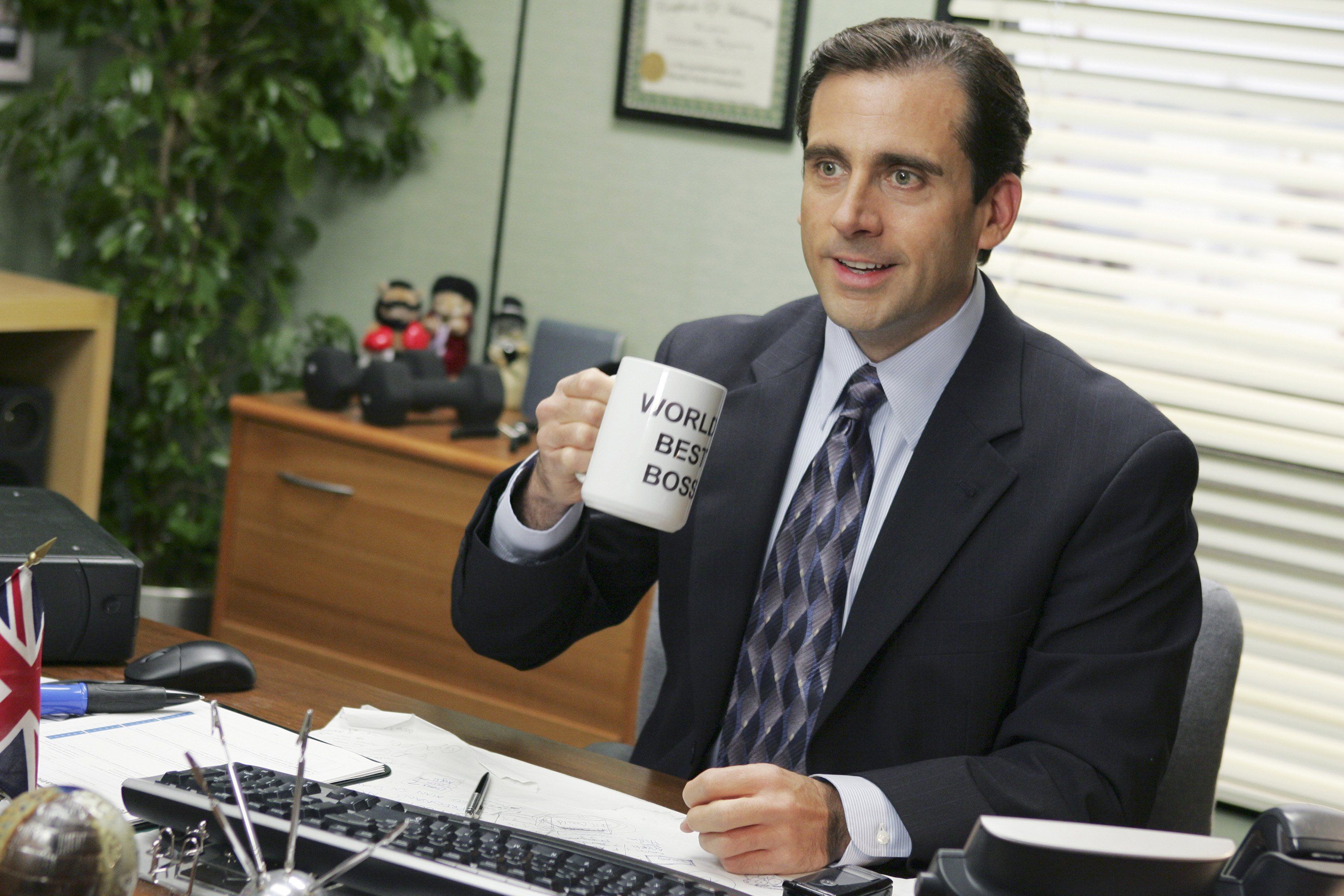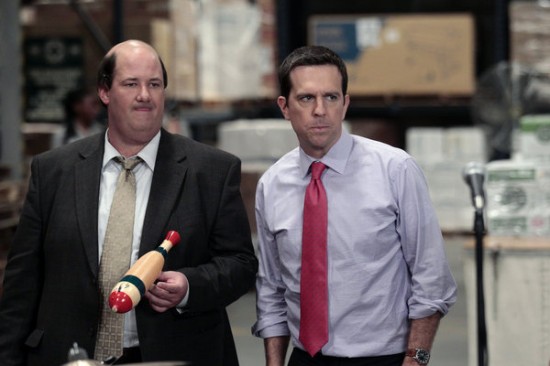

If the series had been called Michael Scott, we wouldn’t be discussing any of this. What happened on the American Office is akin to All in the Family losing Archie Bunker, Maude losing Maude, or The Mary Tyler Moore Show losing Mary. And The Office had set itself up for disaster by making Michael Scott/Steve Carell the heart of the series and then deciding to continue after his departure. Spin City? A Different World? Mission: Impossible? The list of successful reinventions isn’t long, that’s for sure. Law & Order and ER were more ensemble- or concept-driven, but they still lost momentum and quality when their central characters were written out or downgraded to supporting status. When a show hits a natural stopping point - as The Office did last spring when its comedic anchor Michael Scott (Steve Carell) quit Dunder-Mifflin - and then keeps going anyway, out of pride or a desire for more profits, the enterprise takes on a heroic (or maybe foolhardy) dimension.Ĭan a TV show that loses its center continue on without seeming rudderless and a tad pathetic? I can’t think of too many examples: NYPD Blue and Cheers, maybe, but in those cases, the shows lost co-leads (David Caruso and Shelly Long, respectively) while maintaining a central protagonist (Dennis Franz, Ted Danson) all through their runs. Simply put, when you watch The Office, or any series, you’re watching a show’s writers, directors, actors, and crew fight to maintain a certain level of quality despite a relentless pace and the network’s expectation that the series hit certain ratings goals or be canceled. The other drama is happening behind, or beneath, the scenes it’s extra-dramatic, a struggle between the show and the medium it’s a part of. One occurs onscreen: The characters go here, do this, feel that, and we debate whether what happens is funny, smart, consistent with past plotlines, and so forth.


On any long-running popular series, there are always two dramas happening simultaneously.

But there’s another aspect at play here: It has to do with the nature of TV itself, and I think it may be the real reason why I’ve continued to watch The Office. I like the show, and I love these characters, and the quality of the acting is so consistently high (even when the character beats and dialogue aren’t up to snuff) that I can’t bring myself to just bail. Fact is, the show’s first post–Steve Carrell year has been a mess, at times bordering on a disaster.Īnd, yet, I’ve continued to watch it every week. Will the eighth season of The Office be considered a lost season or just a transitional one? It depends on what the sitcom does next year and the year after, and in any event, this might be a distinction without a difference.


 0 kommentar(er)
0 kommentar(er)
